The United States Air Force is refusing to clean up water in Tucson, Arizona it polluted, as the force is citing the Supreme Court’s recent overturning of the Chevron case.
This refusal comes after the U.S. Environmental Protection Agency (EPA) ordered the force to comply with their order of cleaning up this toxic water.
Supreme Court Overturns the Chevron Case
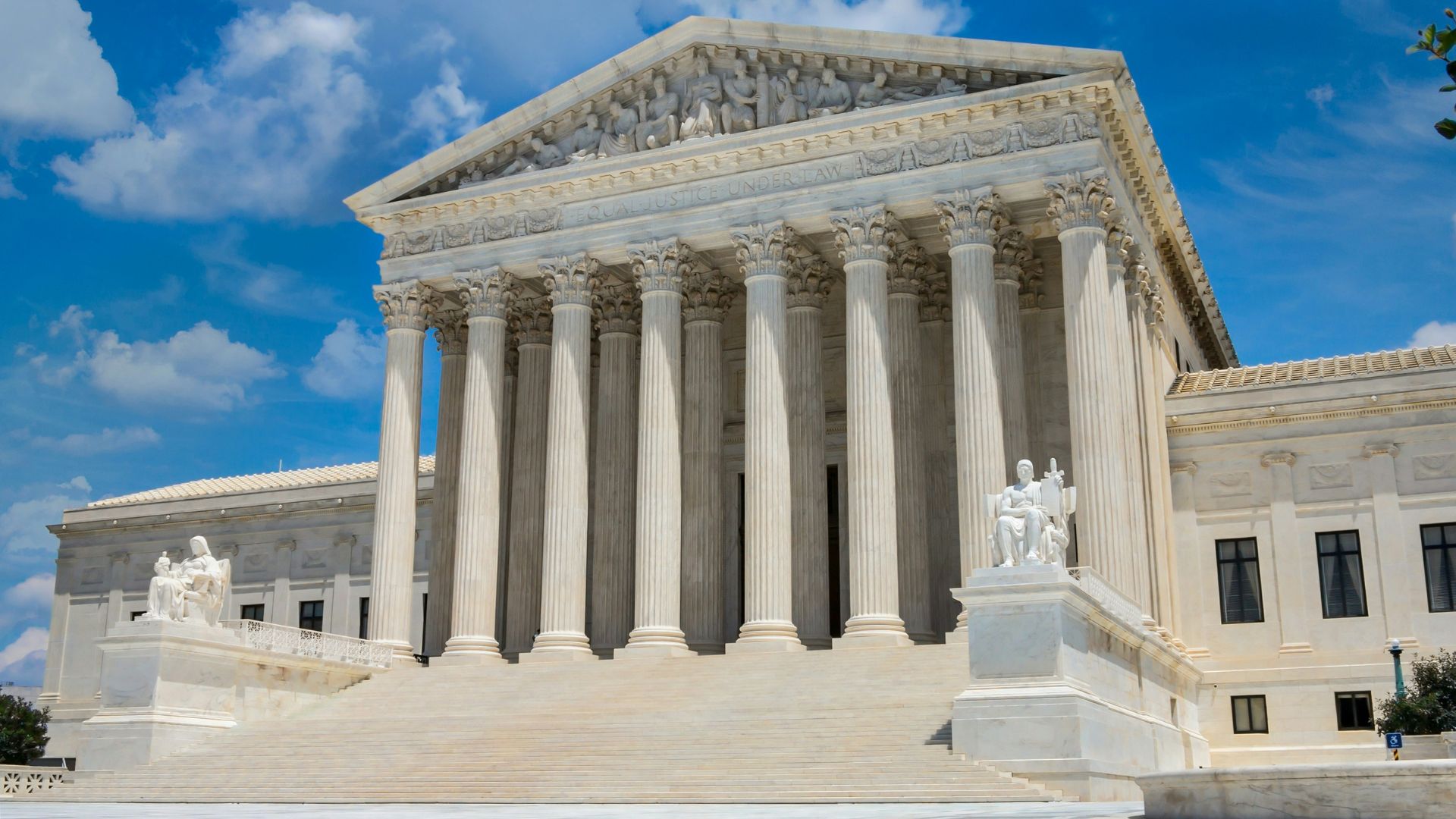
In June, the Supreme Court successfully overturned the Chevron case, a 40-year-old doctrine that gave regulators power when interpreting certain areas of the law when creating regulations.
This previously important legal precedent now cuts these power regulators used to have. Now, judges get the final say in how regulations may be made when looking at law.
Hurting the EPA
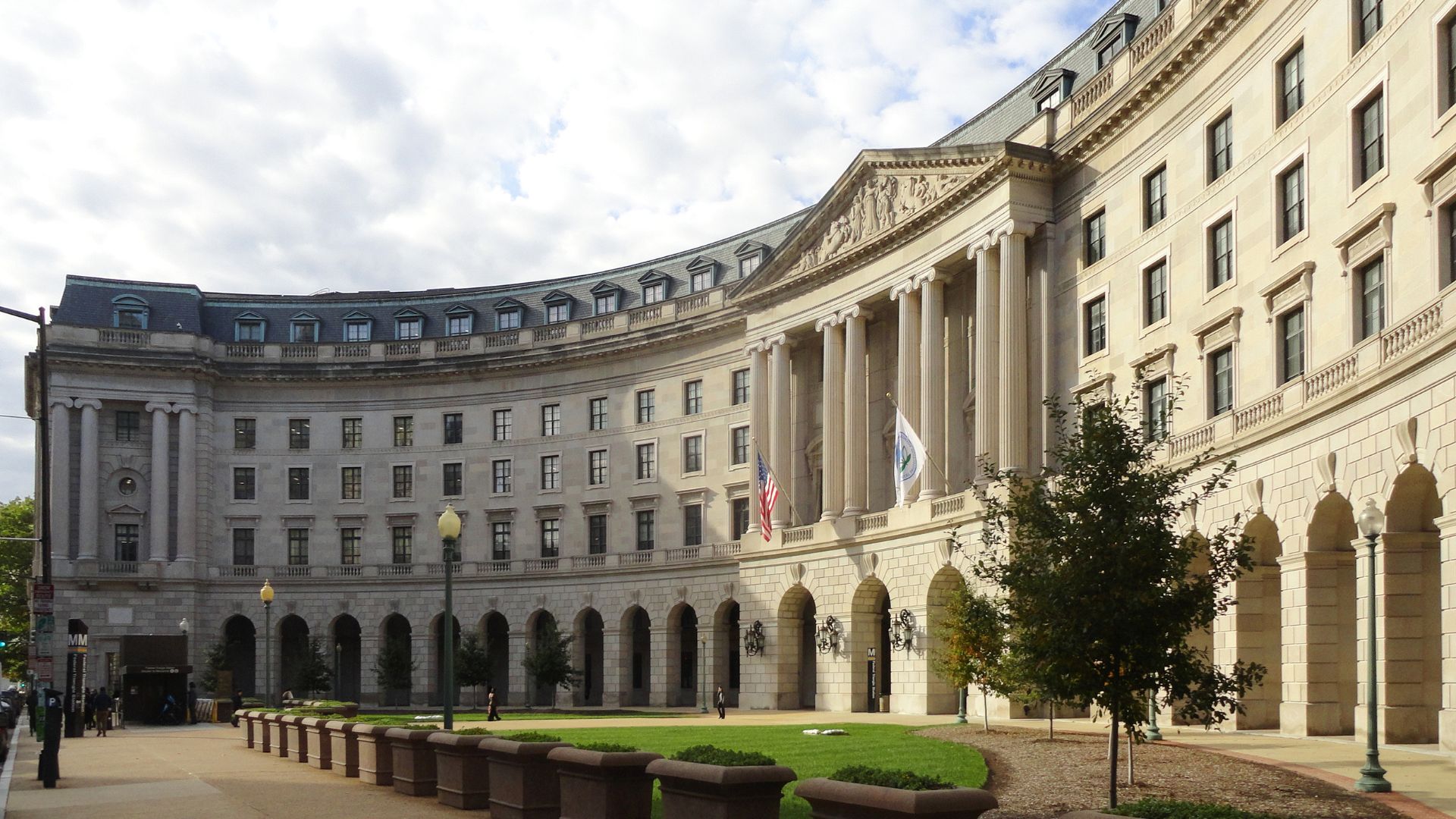
When this doctrine was overturned, many legal critics stated that the Supreme Court could have just harmed the EPA’s entire job, as the agency works to create regulations for pollution by looking at sometimes ambiguous laws.
Many worried that the EPA wouldn’t have the ability to protect the American public from polluters. Now, the EPA’s first challenge has appeared in the form of the U.S. Air Force.
Polluted Water in Arizona
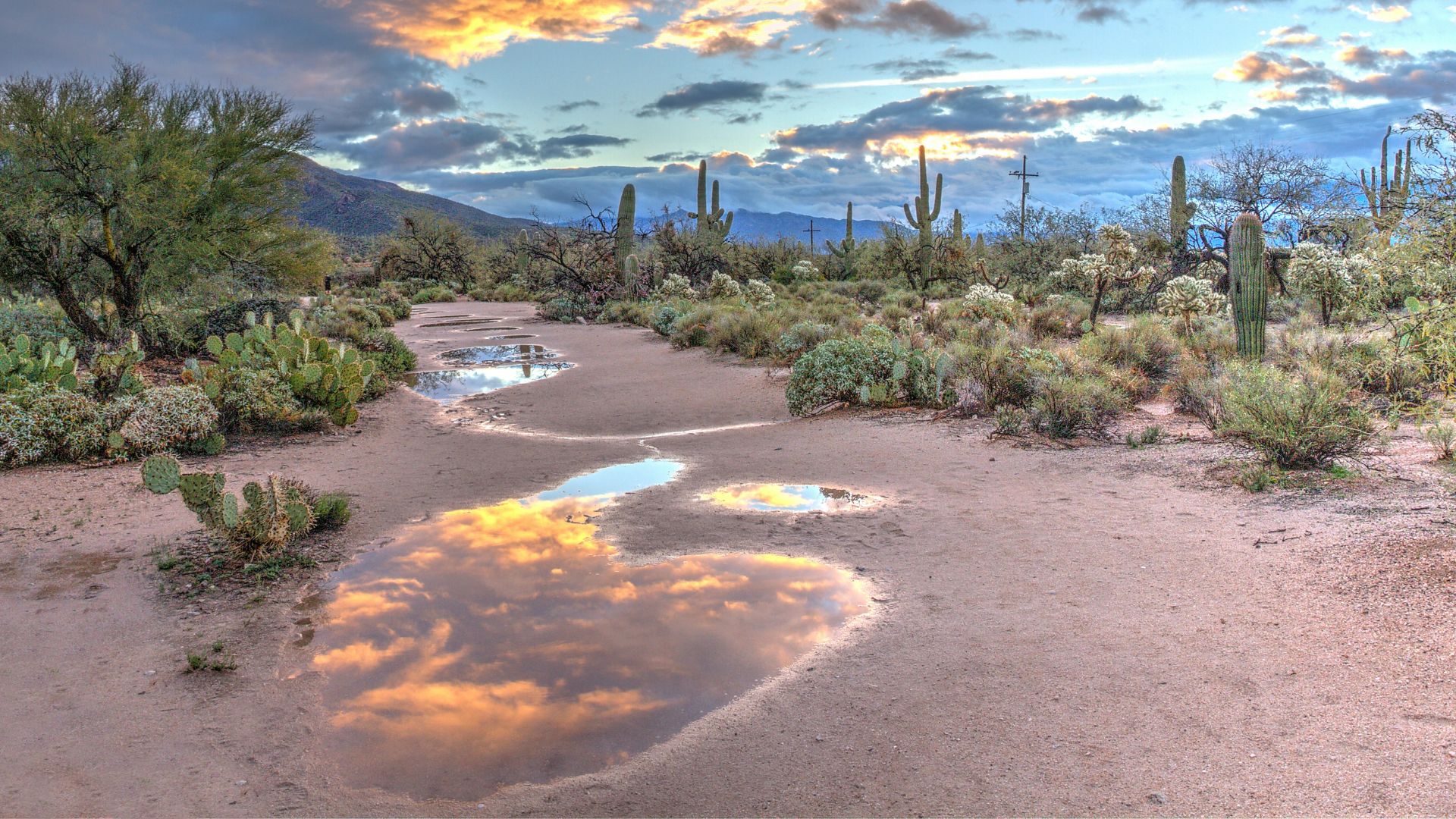
According to the EPA, the Air Force has polluted water in Tucson, Arizona — and now they are forcing the force to clean it up.
The EPA has found that Air Force bases in the vicinity contaminated this water with PFAS “forever chemicals”, which are incredibly toxic, as well as many other dangerous pollutants.
Contaminated Drinking Water

Many areas of drinking water in Tucson have become completely contaminated, as these bases are mainly responsible for putting toxic chemicals in these water sources.
In the 1980s, one region around these facilities, as well as the Tucson International Airport, was even claimed to be a Superfund site, which is only given to the U.S.’s most polluted areas.
Getting the Air Force to Clean Up Pollutants
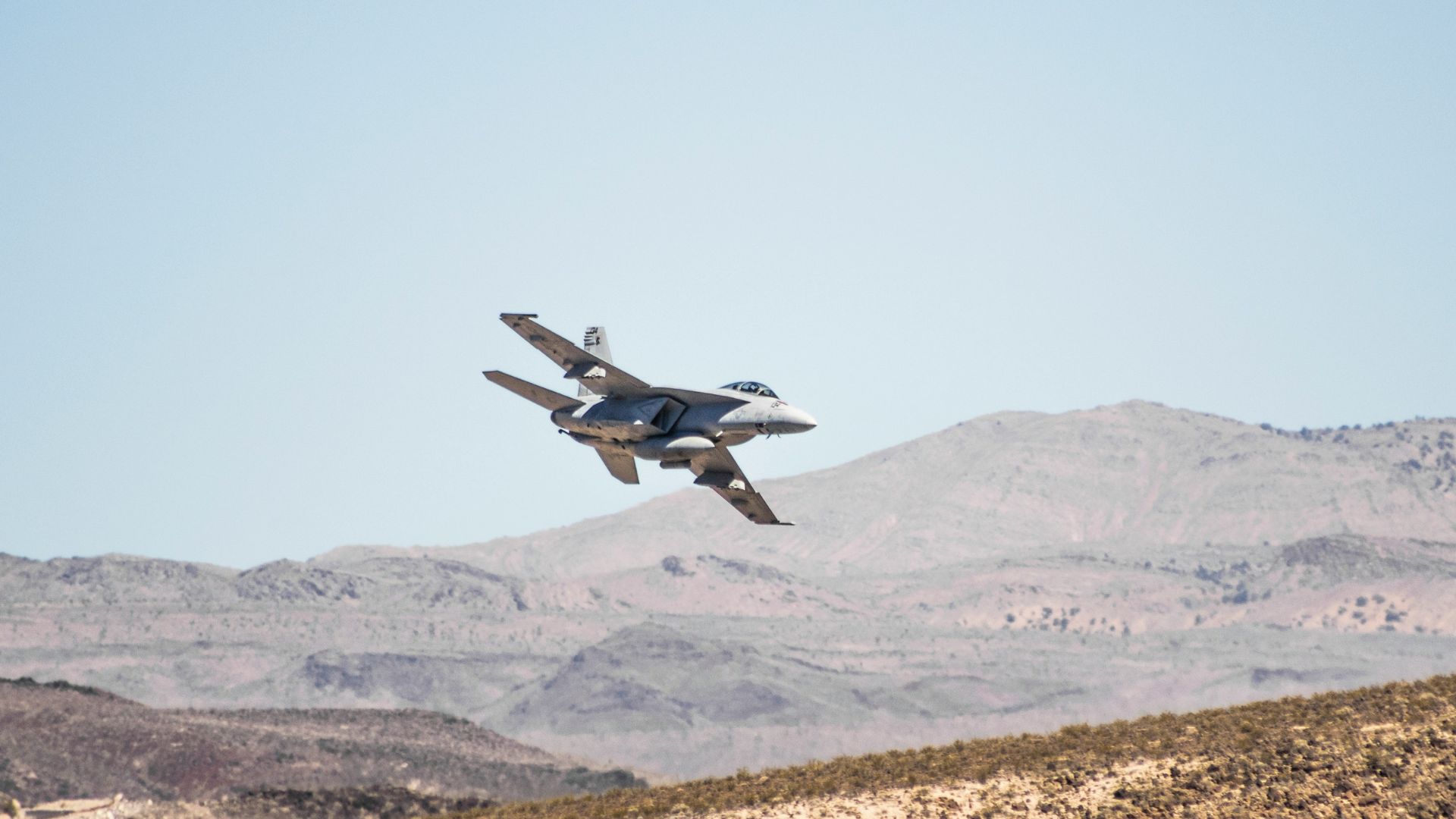
In May, the EPA gave the Air Force an emergency order, telling them to develop a plan that would focus on how they will address this PFAS contamination.
This order gave the force 60 days to comply and release a plan that would help rid this area of pollutants.
The Air Force Cites Chevron
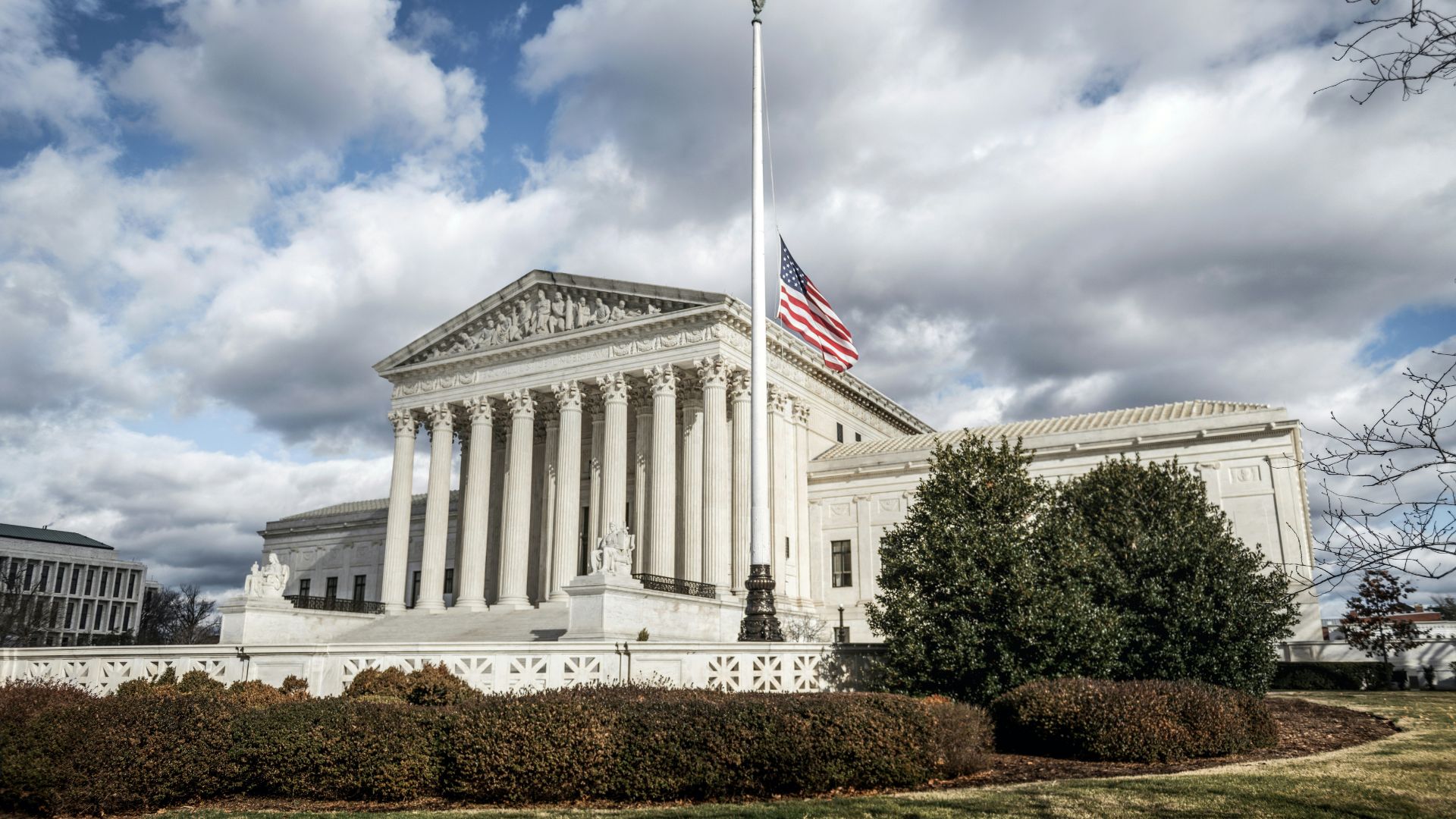
However, the Air Force instead claimed that federal regulators — such as the EPA — do not have the authority to order them to clean up this Arizona water.
According to the force, this authority has been terminated thanks to the Supreme Court overturning the Chevron doctrine.
The Air Force vs the EPA
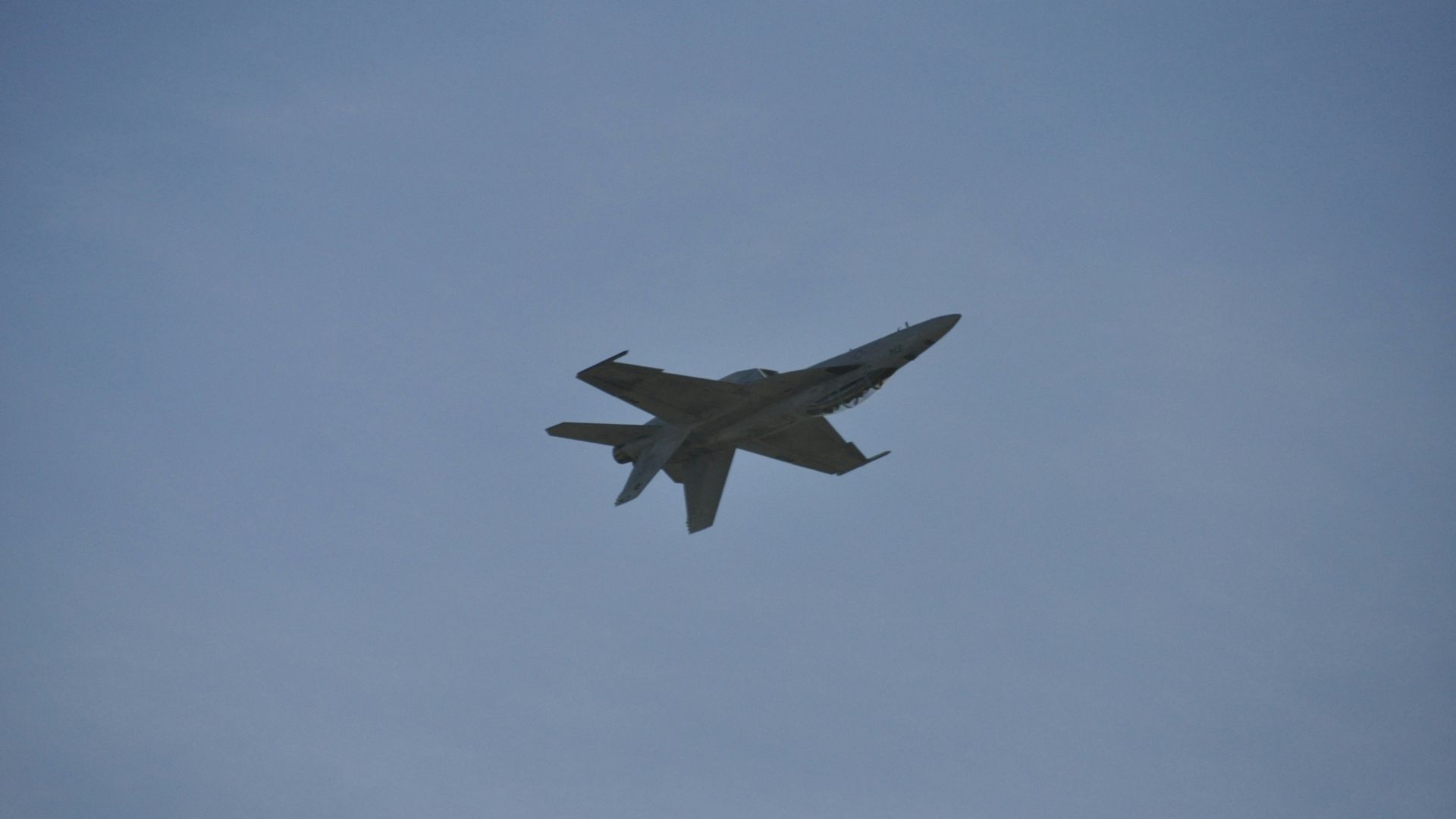
The Air Force also stated that there is no “imminent and substantial danger” to nearby Tucson residents, as Tucson’s drinking water is now below PFAS’ federal limit. Therefore, they do not feel obliged to clean up this water.
The EPA responded to this, stating, “The law does not require or expect EPA to wait until people are actively being harmed. In fact, Congress expects EPA to utilize its authority to prevent the harm from materializing.”
Will This Claim Work?

Many legal experts have already come out to question the Air Force’s claim that the EPA has no authority to tell them what to do.
These analysts have stated that it doesn’t appear the Chevron ruling applies to this claim by the force. Therefore, this issue may soon be worked out. However, many have warned that this may be the first indication of how polluters may try to evade cleaning up areas they’ve devastated.
Government Infighting

Legal experts also pointed out that one arm of a government’s administration cannot sue another. Therefore, the Air Force cannot sue the EPA.
Instead, this case will be worked out by a presidential administration, not by a judge or jury.
Companies Could Begin to Use This Example
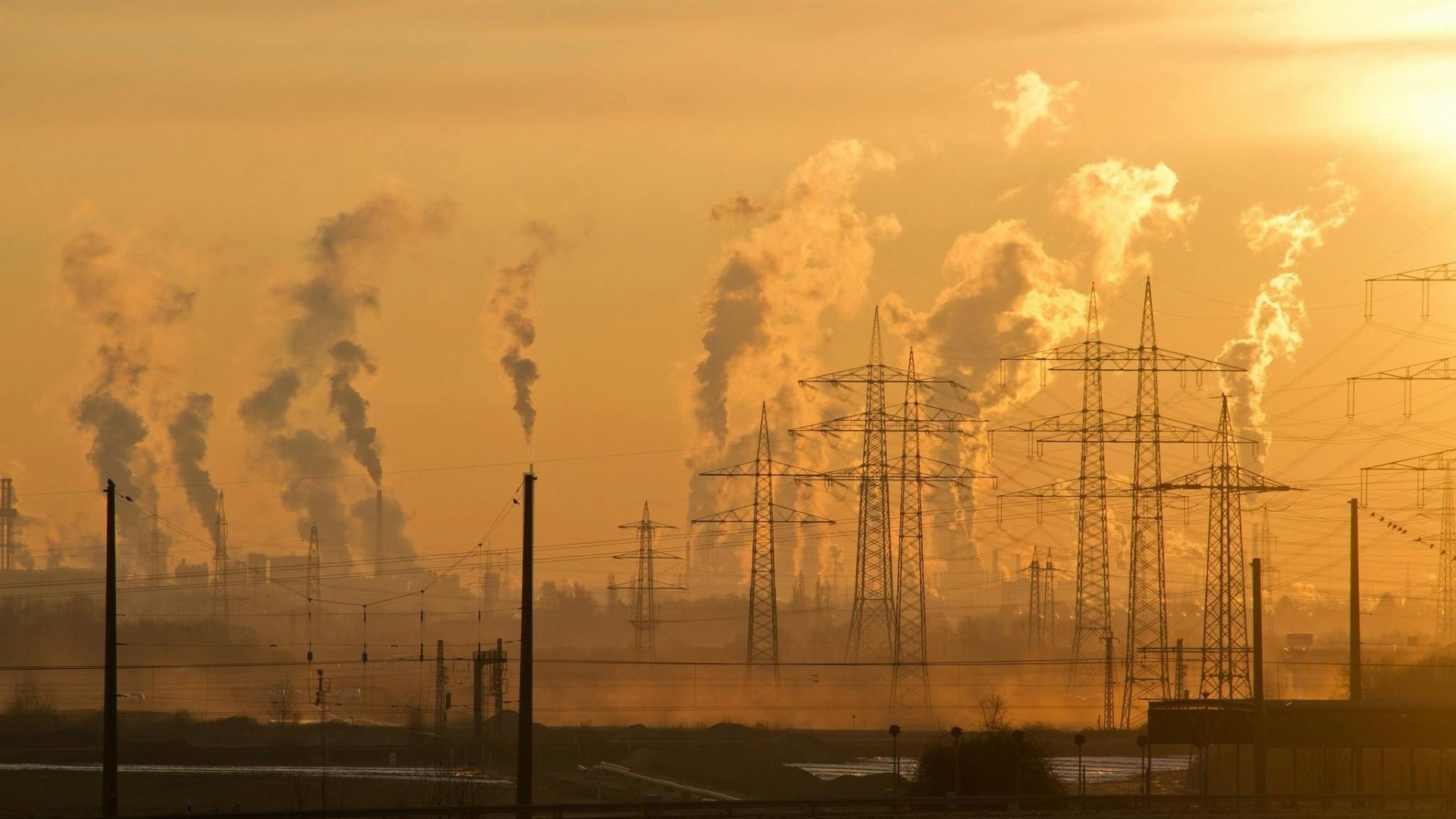
However, these analysts also claimed that polluting corporations could begin to use this example if they also are seeking to not be forced to clean up polluted areas by the EPA.
These companies could sue the EPA, whereas the Air Force cannot. Therefore, some experts are concerned that this specific case is the first indication of what may become a real problem for the EPA in the near future, thanks to the Supreme Court’s ruling.
Protecting the Tucson Community
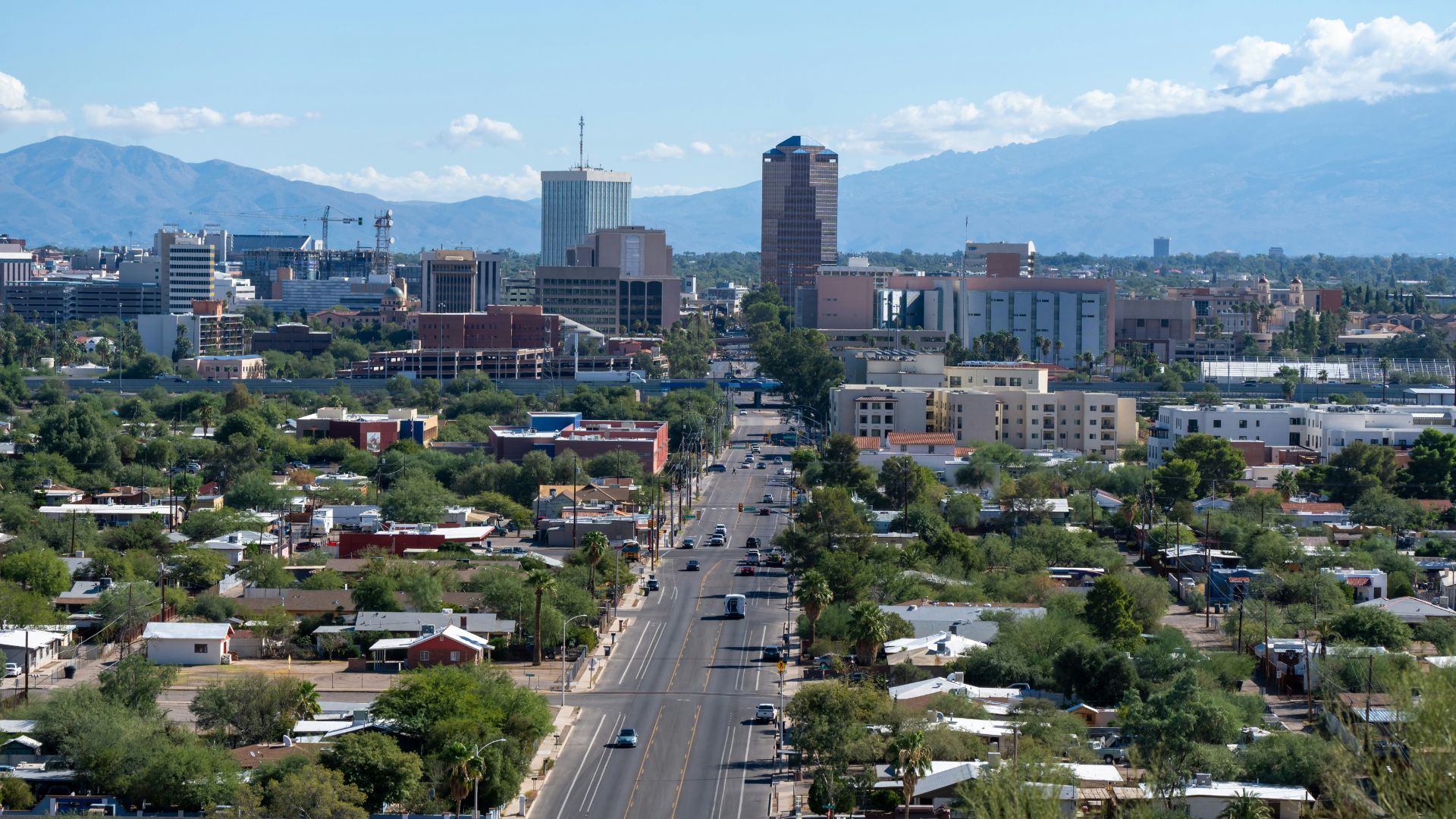
The Air Force has also claimed that it shouldn’t be forced to clean up these issues, as the Tucson and Arizona governments have different systems to address PFAS.
To this, the EPA wrote, “The Air Force bears responsibility for the PFAS contamination and needs to step forward to protect the Tucson community.”
